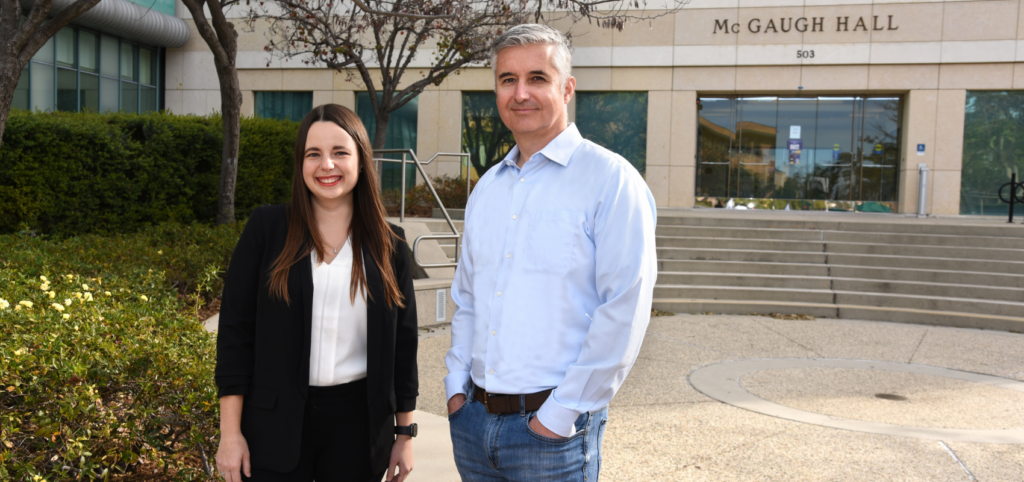
Irvine, Calif., May 9, 2024 — Groundbreaking research from the University of California, Irvine’s Department of Neurobiology & Behavior, led by Professor Marcelo Wood and Postdoctoral Research Fellow Ashley Keiser, unveils how specific exercise patterns may significantly enhance long-term memory formation. Published in Nature Communications, their study highlights a promising avenue for combating memory-related diseases like Alzheimer’s.
The research team found that particular exercise regimens could transform inadequate learning experiences (that fail to enter long-term memory) into robust memory enhancements in mice. This transformation is enabled through an “epigenetic molecular memory window,” a crucial period when exercise’s benefits are maximized and can be re-activated after short breaks.
“Our findings are a leap forward in understanding how lifestyle choices impact our genetic makeup and long-term health, particularly brain health,” said Professor Wood. “By identifying key molecular mechanisms engaged by specific exercise patterns, we can start to think about new preventive and therapeutic strategies for age-related cognitive decline.”
Keiser, the paper’s lead author, noted, “We discovered that Acvr1c, a gene associated with learning and memory, can be influenced positively by exercise. It acts as a master switch in the brain, modulating how well animals remember and learn from experiences.” The team further discovered that modulation of ACVR1C could ameliorate synaptic plasticity and memory formation in a severe mouse model of Alzheimer’s Disease.
The implications of this research are vast. Regular physical activity could be a key to enhancing memory and preventing the cognitive decline seen in diseases like Alzheimer’s. The study shows that even minimal exercise, strategically timed, can lead to significant improvements in brain function.
The research also highlights the potential for developing drug therapies that target ACVR1C, providing hope for those who are physically unable to exercise. “Imagine a future where we could enhance memory and learning in the elderly or those at risk of dementia through a combination of targeted exercise regimens and pharmacogenetic therapy,” said Keiser.
This study underscores the critical interaction between our genes and lifestyle choices. It encourages further research and public engagement in promoting exercise as a tool for enhancing brain health and offers a new direction for policies aimed at improving public health across lifespans.
About the University of California, Irvine School of Biological Sciences: Recognized for its pioneering research and academic excellence, the UCI School of Biological Sciences plays a crucial role in the university’s status among the nation’s top 10 public universities, as ranked by U.S. News & World Report. It offers a broad spectrum of degree programs in the biological sciences, fostering innovation and preparing students for leadership in research, education, medicine and industry. Nestled in a globally acclaimed and economically vibrant community, the school contributes to the university’s impact as Orange County’s largest employer and a significant economic contributor. Through its commitment to exploring life’s complexities, the School of Biological Sciences embodies the UCI legacy of innovation and societal impact. For more on the UCI School of Biological Sciences, visit https://www.bio.uci.edu/.
